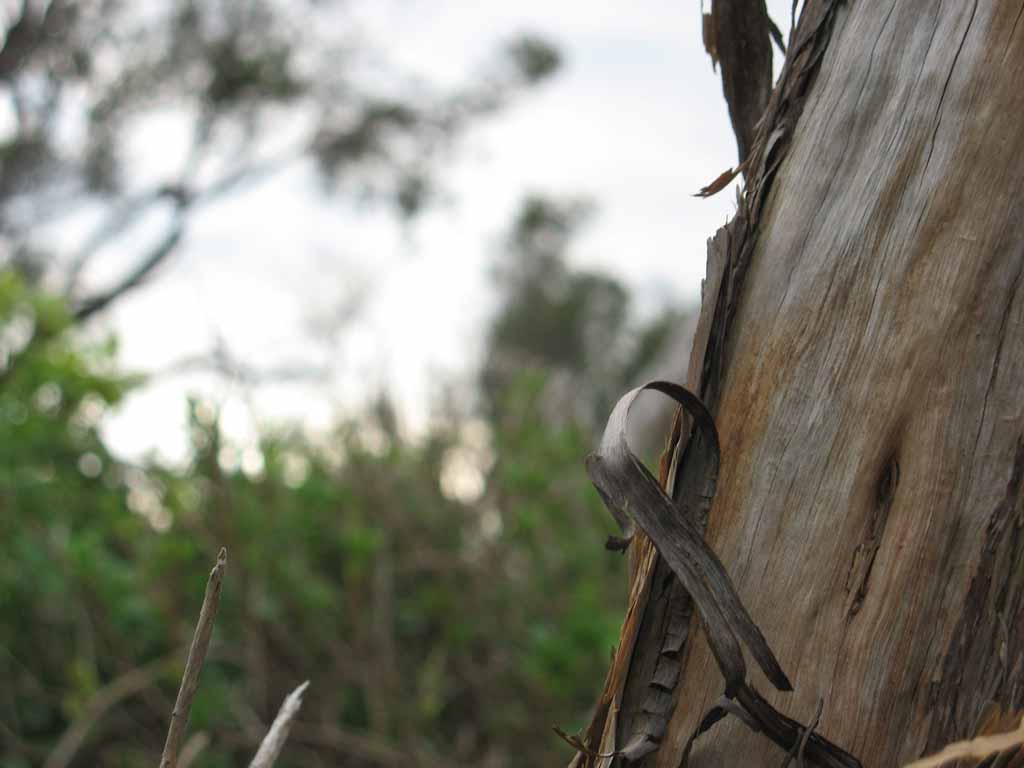Doing Our Best

And he charged them, saying, Take heed, beware of the leaven of the Pharisees, and of the leaven of Herod.
Mark 8:15
Jesus gives a two-fold warning, to beware of two types of teaching. While many have speculated as to what these are, Jesus says plainly what the leaven, or yeast, of the Pharisees is.
Beware ye of the leaven of the Pharisees, which is hypocrisy.
Luke 12:1 (portion)
This warning is like a warning to watch out for the “ditch on either side of the road”. We have clearly identified the one error (which is an error in teaching or doctrine), which is hypocrisy. This religious error stems from pride. The Pharisees claimed to keep the law, to be righteous legalists, but as the encounter with the woman caught in adultery proved (John 8:1-11), none of them truly were. For all have sinned and fallen short of the glory of God. Romans 3:23. In claiming to be righteous, even though each one of them knew themselves not to be, they were “actors” (the real meaning of hypocrite). While pretending to be righteous, they were each one of them filled with “dead men’s bones” (Matthew 23:27), just as we all are without Christ.
This yeast relies upon falsehoods from start to finish. They looked to the Scriptures, claimed them for their own sanctification, and yet, broke them regularly to get their way. This is the same today. Every religious movement that denies the power of God and the voice of God today always relies upon extra-Biblical “knowledge”, while condemning others for the same. For example, John Calvin claimed “sola scriptura”, yet, when it came to the role of apostles and prophets today, he claimed that they had ceased. This is not a “scriptural” point, but is extra-biblical. What is taken as doctrine today, taken as on par with the Word itself in some cases, is, in fact, either a “divine revelation” given to Mr. Calvin or is made up. If it is the first, it contradicts its own premise that this no longer happens, and makes God out to be a liar, and contradictory. And if it is the second, then the opinions and influence of man has supplanted scripture, and Mr. Calvin has done exactly what he claimed not to. It is, not to over or understate the case, hypocritical from start to finish. In the case of Jesus and His death, while the Jews could not stand before Jesus’ own righteousness, they also could not convict Him of any fault. The very law which condemned themselves, they broke in many ways and defied, in order to put an end to what threatened their existence.
The other error was the yeast of Herod. While we do not have an explicit description of what this error is, we can surmise from history that it surmounted to some form of hedonism, a love of pleasure, or a complete disregard of moral code. It appears that this lawlessness was the other extreme that Jesus was warning about. On the one hand, there was the false righteousness put forward by the Pharisees. They acted as if they were holy, but were not. On the other hand, there was Herod, condemned by the prophet John the Baptist for his adulterous relationship with his brother’s wife. This man Herod claimed to be fine just the way he was, despite disregarding any rule or boundary. In order to maintain this facade, when challenged by the word of the prophet, he stopped his mouth by throwing him in prison. Rather than allowing the conviction to drive him to repentance, he chose to silence the audible voice of conscience, by putting him in a hole, prison. His way was lawlessness, and, even by those who adhere to it today, both inside and outside the church, their main method of controlling others is through force. Isolation, condemnation, intimidation, and, ultimately, murder. When the yeast of Herod combined with the jezebel influence of his wife and the sensual dancing and ungodly oath, it resulted in the murder of the prophet.
Now, the path of life strolls right down the middle of these two. It is neither hypocritical in a lying spirit about its own righteousness, nor is it denying that a standard of righteousness exists. Consider, rather, this analogy.
Two men went up into the temple to pray; the one a Pharisee, and the other a publican. The Pharisee stood and prayed thus with himself, God, I thank thee, that I am not as other men are, extortioners, unjust, adulterers, or even as this publican. I fast twice in the week, I give tithes of all that I possess. And the publican, standing afar off, would not lift up so much as his eyes unto heaven, but smote upon his breast, saying, God be merciful to me a sinner. I tell you, this man went down to his house justified rather than the other: for every one that exalteth himself shall be abased; and he that humbleth himself shall be exalted.
Luke 18:10-14
It was not the one that trusted in himself that was righteous, but it was the one who relied wholly upon the Lord. The first man would not acknowledge his own guilt. He knew he was, by appearance, less than a sinner than the publican. But, at the same time, he was guilty before God of the Law of Moses. Hence, trusting in his own righteousness (v9), he despised the other, when the whole time, because of his great knowledge and understanding of both how much God had favored him and how much he still fell short, he should have been the first in line, beating upon his breast, and calling out to God for mercy. This is the fullness of the law. The whole nation was deserving of death, including the Pharisee.
We do an injustice to the church, however, when we say that the yeast of the Pharisees is “legalism”. God invented legalism, in fact, it is how the entire universe is created–on laws! To claim that on the one hand is “law” and on the other hand is “no law” leaves nothing! But, God extended mercy, through the cross, and that through faith. It is this grace through faith that sets us free from the law of sin and death, and allows us to enter into the law of the life of the Spirit. So much so that, as Paul writes, if we walk in the Spirit, we will not gratify the desires of the flesh (Galatians 5:16). By living and walking by the Spirit, we fulfill the entirety of the Law and the Prophets, for they are love, and God, the Holy Spirit, is agape love.
Yet, consider the alternative, when we reduce the leaven of the Pharisees to “legalism”. It says, in essence, that we of course cannot on the one hand turn to lawlessness, but on the other, we cannot have any standard of right and wrong, essentially, either. We create, as it were, a “two ditches with no road”. Law and No Law provides no middle ground. While it is not about our righteousness, if we remove the right standard, on the one hand, and say we must not have lawlessness on the other, we have removed both foundations, righteousness and justice.
Whosoever therefore shall break one of these least commandments [of the law and the prophets, per v17], and shall teach men so, he shall be called the least in the kingdom of heaven: but whosoever shall do and teach them, the same shall be called great in the kingdom of heaven.
Matthew 5:19, (personal interpretation added for clarity)
Instead, rather, the law is left in-tact by the Words of Jesus. It is of course, not in the power of the flesh to fulfill anything of it, but according to Paul in Galatians 5, it is not of our strength, but that of the Spirit!
Consider, rather, that the path of righteousness and life is situated squarely between the hypocritical putting on of a false mask of supposed righteousness, and that of not caring about righteousness whatsoever.
That man, the man who hates his sin and his sinfulness, will find salvation, life, and healing.
He will be sustained in hardship, as he never stops perfecting holiness out of reverence for God.
He will continue to find cleansing for all of his sins, past, present, and future, because he hates his flesh and any failure he makes, but He relies upon the shed blood of Jesus to continually cleanse Him. Though he falls seven times, he will rise again.
Now, here’s the most wonderful thing of it all… It was that initial spark of faith that caused it all. Not his overcoming, not his struggle, not his pain, but his faith. The faith is proved genuine, it is refined in the fire, but it was that initial faith at the beginning, that simple believing and refusal to see something else, a lower end or whatever, that, no matter how hard and however many times one wanted to give up, caused him to get back up again, and keep going.
The walk of faith is not the faith itself, it is merely the steps that were born out of that initial faith.
So, it is then, the initial faith that saves, not the walk, but the faith, love, and hope birthed anew in a Christian heart then causes them to continue on, despite all obstacles, pains, and trials, and eventually finish the course.
Not in putting on a false front saying they are something when they are not, living as sinners and saying they’re somehow “righteous”, which is the hypocritical leaven of the Pharisees. Nor is it in denying the perfect law of righteousness, the yeast of Herod. It is not in lying and saying we’re doing our best when we’re really not, nor is it saying there is no more standard at all.
But, fulfilling it as perfectly as one knows how, fulfilling that perfect law of love as the Spirit makes us able, is accomplished by simple faith, and proved by a holy life.


















